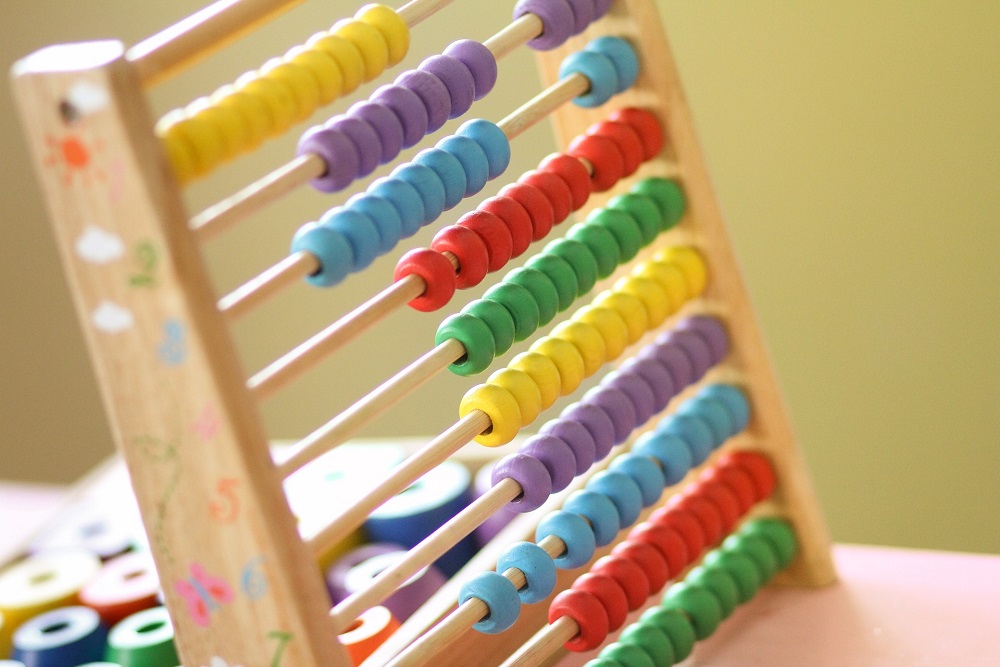According to 86% of US adults, scientists are the top trusted professionals in the US as they act primarily in the public’s interests.
In science, we trust. The belief of most of today’s generation is further reinforced by the recent survey conducted by the Pew Research Center from Washington DC. The results demonstrate the trust bestowed upon the scientists by its public.
The survey indicates that the US nationals today, lend more credence in the field of science. Moreover, they also feel that any political or social decisions in this context must be taken keeping scientists’ standpoints into consideration.
What do the statistical figures suggest?
With an increase of ten percent (10%) since 2016, the US nationals have made it clear that scientists are more likely to safeguard public interests than people from other professions like politicians, people in business, media professionals, school authorities, and military.
Closely following the lead are the school principals, with seventy-seven percent (77%) trust factor, religious leaders with fifty-seven percent (57%), and journalists and entrepreneurs going head to head at forty-seven (47%) and forty-six percent (46%), respectively.
The politicians, however, continue to attract a bad reputation for being quicksilver, came in last with only thirty-five percent (35%) people believing their intentions, reveal the survey results.
The statistical figures further reveal that although there has been an increase in the number of people supporting scientists and their work in a “big way”, from twenty-one percent (21%) in 2016 to thirty-five percent (35%) this year, there are still more than half who do not entirely believe their intentions.
Another such study, conducted by the Wellcome global monitor last year, discloses similar figures. With over one hundred and forty thousand respondents from one hundred and forty different countries, the survey figures indicated that only eighteen percent (18%) people place full trust in scientists, whereas, fifty-four percent (54%) believed that there might be more to it than meets the eye.
What makes scientists top trusted professionals in the US?
While it is unclear what instills the public’s faith in scientists, the director of science and society research at Pew Research Center, Cary Funk, speculates that much of these views constitute soft support for science.
Digging deeper into the figures makes it evident that the expression of full faith on the scientists’ credibility varies along the lines of political parties. While it was forty-three percent (43%) Democrats expressing complete confidence, for Republicans, it was twenty-seven percent (27%).
These viewpoints further shaped the way people reacted to Scientists’ involvement with consequential decisions. For instance, seventy-five percent (75%) of Democrats felt the need of engaging scientists in policy matters as against fifty-six percent (56%) Republicans limiting the involvement up to research and development.
Prejudiced perspectives of scientists was a common concern raised by the scientifically-literate people from both political divides. It means that more than sixty-four percent (64%) scientifically-inclined Republicans showed more concerns over their one-sided state of mind. A similar trend was observed among Democrats as well.
Meanwhile, the survey figures, explicitly highlighting anxiety over environmental science and global warming, revealed that seventy percent (70%) Democrats believed in the advancements made by the environmental scientists so far. However, the Republicans did not reciprocate the feeling.
The survey further manages to impart vulnerabilities of scientists and the potential room for improvement in their field of study, which include, frequent conflicts of interests and cases of disorderly conduct.
Scientists top past surveys worldwide
In related developments, greater funding and more accommodations for research are granted to scientists worldwide, a shift from the previous criticisms and government regulations which restricted further research developments.
The Ipsos Mori Veracity Index has measured the trust held in different professions since 1983. Those polled are asked to say whether they trust people from various professions to tell the truth or not.







